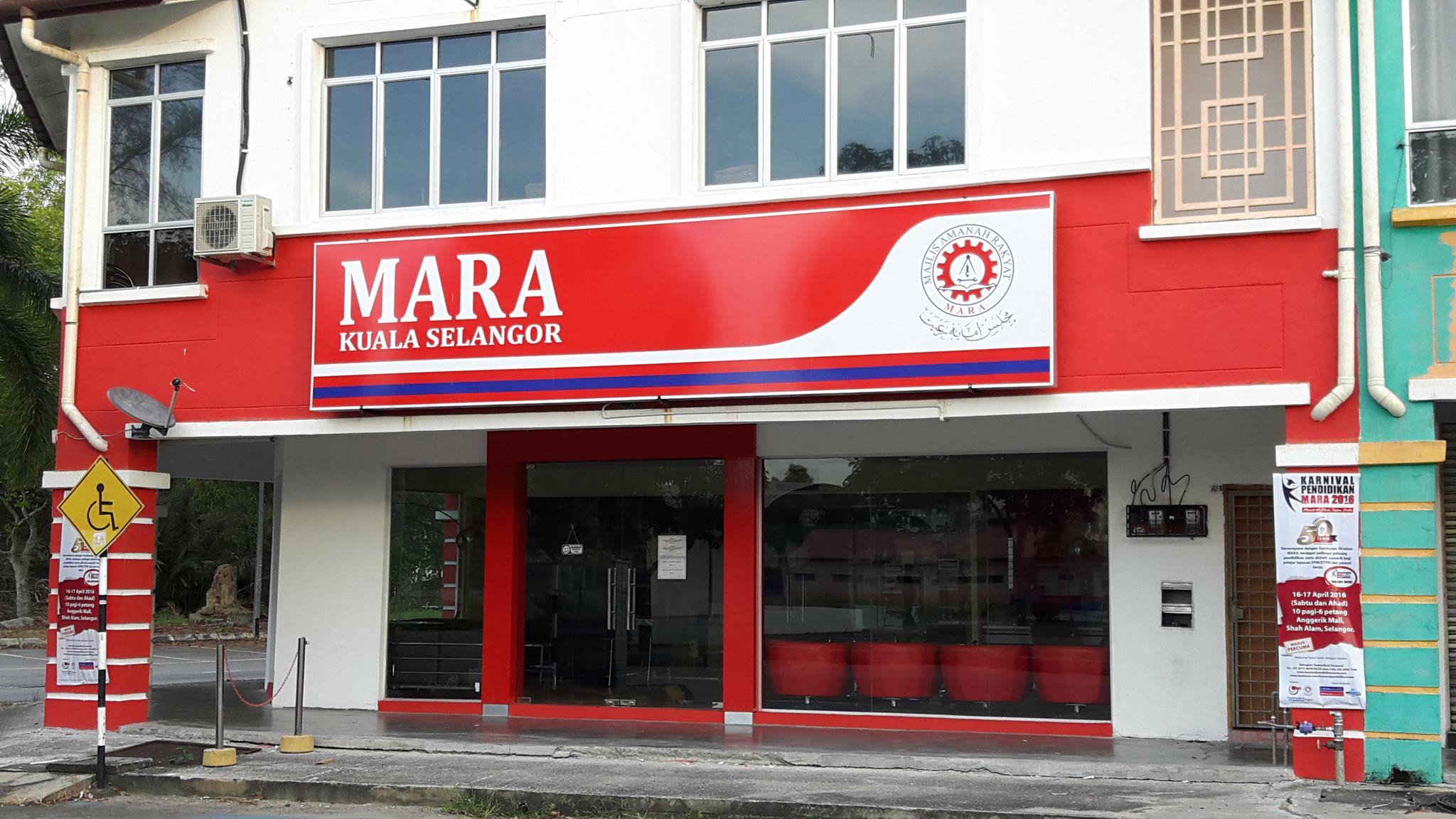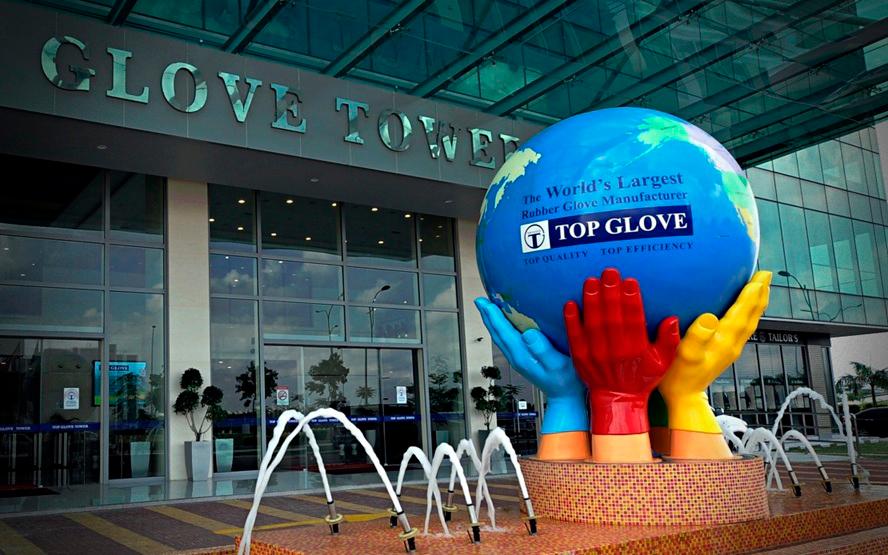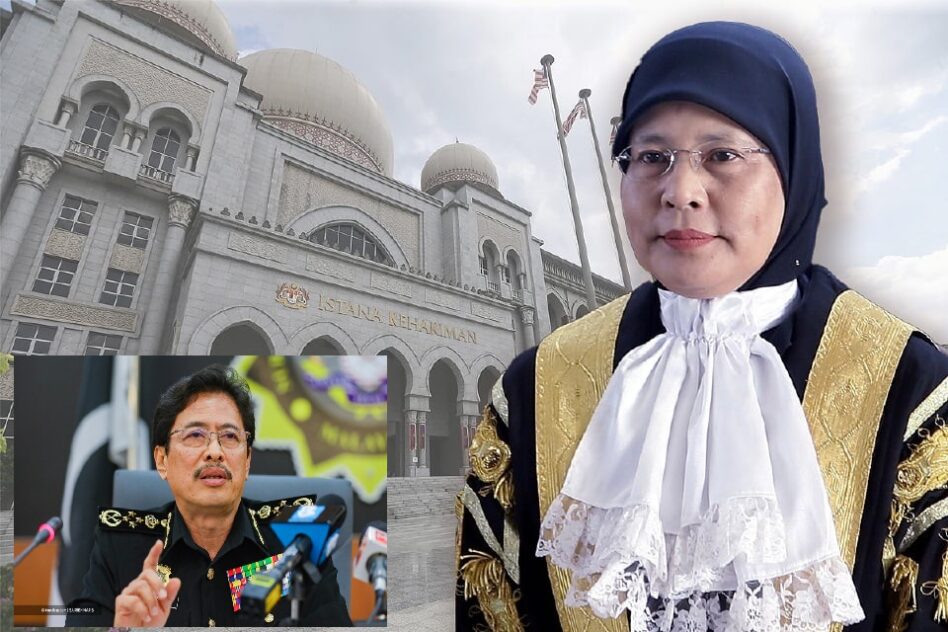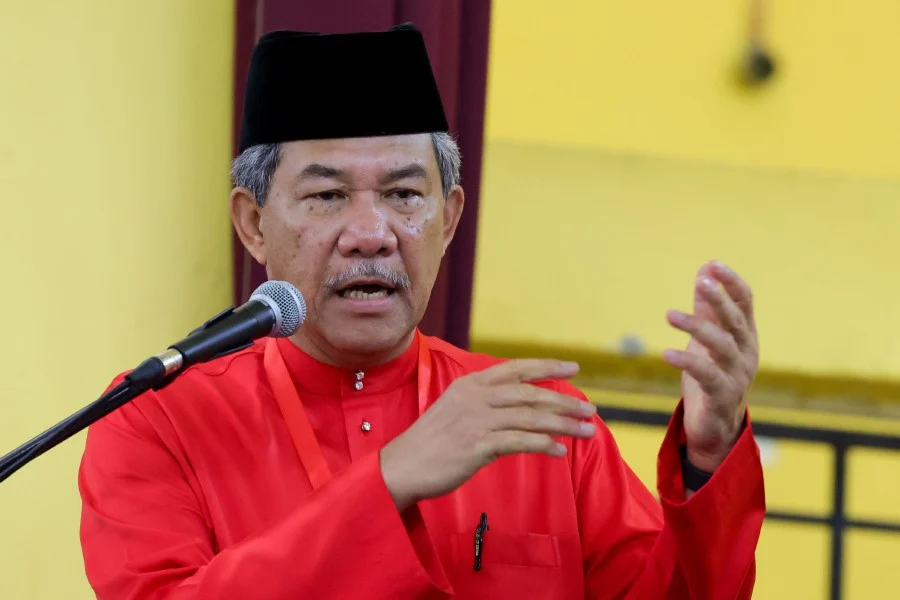RECENTLY a TikTok video went viral showing Majlis Amanah Rakyat (MARA) chairman Datuk Dr Asyraf Wajdi Dusuki seemingly giving a pep talk to a group of undergraduate students who have received MARA scholarships. The video appears genuine.
As he picked the students one by one, each claimed to have received scholarships for overseas studies ranging from RM750,000 to RM1.2 mil.
The UMNO secretary-general Dr. Asyraf was even heard saying that “MARA allocates RM2,000 mil (RM2 bil) annually for overseas students as part of the Article 153 constitutional rights to uplift the Malay community”.
He further advised the students to be grateful, not to forget their roots in Malaysia, and to come back and serve the country.
@drasyrafwajdi “Jangan lupa daratan, jangan lupa perjuangan, jangan terpengaruh budaya asing! Setiap sen yang dibelanjakan untuk kalian adalah wang rakyat yang dilaburkan untuk kamu kembali bermanfaat untuk keluarga, masyarakat dan negara”. Sebahagian pesanan saya kepada pelajar-pelajar yang sedang mengikuti program khas ke luar negara di Kolej Mara Seremban ketika saya #Terjah ke Kolej MARA Seremban. #MerakyatkanMARA #MARA #HidupBiarBerjasa #HidupKuMilikUmmah
♬ original sound – Dr. Asyraf Wajdi Dusuki – Dr. Asyraf Wajdi Dusuki
I, too, congratulate the students as they well deserve it. My narrative here is not to question their constitutional rights like many of the political opponents and activists who look at it from the racial angle.
I have always maintained that if only the hundreds of millions given to non-Malay political parties and institutions have trickled down to the masses, we would not have much to complain about.
What I would like to emphasise here is whether those public funds can be better spent to serve a boarder section of the Malay community and pathetic public institutions. For this, I would draw upon my own experience.
My education journey
After I completed my MCE (Malaysian Certificate of Education) in 1972, I was offered to do HSC (Higher School Certificate) Lower Six (Maths Class) in Anderson School, Ipoh.
When I enrolled, there were about 35 pupils but after a month almost half of them left for overseas education. I believe all of them were offered government and GLC (government-linked companies) scholarships.
That was a couple of years after the New Economic Policy (NEP) was launched. Somehow, we didn’t feel the now entrenched racial tension or animosity; in fact, with a class of 20 we got very good attention from the teachers though it was a non-Malay class.
Both my parents were rubber tappers and considering the distance from my home to school (about 40 kms), that posed a significant challenge. After some time, a kind teacher took up my case (without asking) and got me a RM50 monthly allowance from the Lions Club.
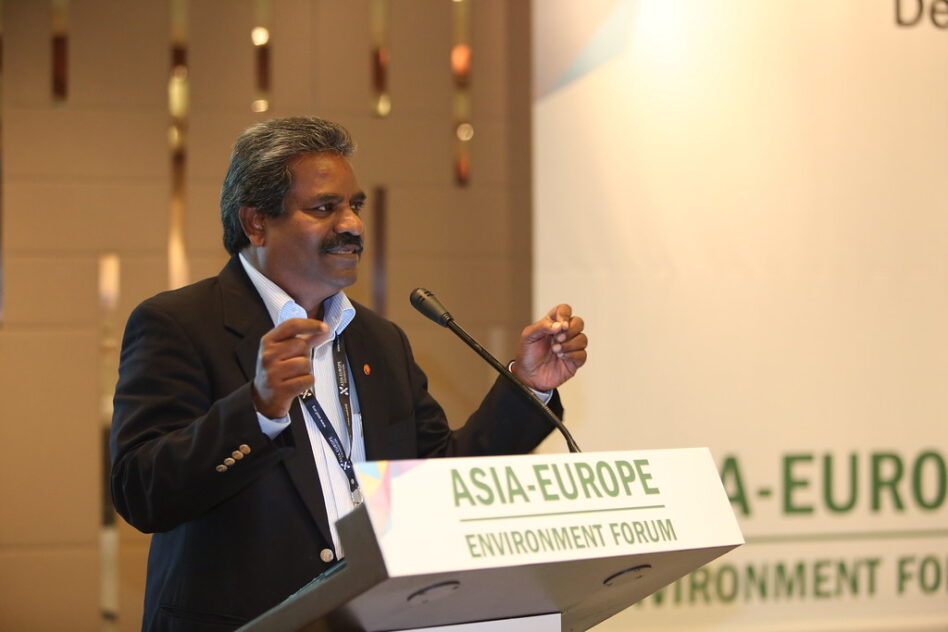
That paid for my room rent and food. The room was about 100 sq ft and five of us shared it, sleeping like sardines in a tin can.
I didn’t get any scholarship while doing my undergraduate studies at Universiti Malaya except for small loans here and there to pay for my fees.
We accepted such life as normal during those days and won’t begrudge the present generation who have all the amenities but still complain a lot.
Despite all these financial and living handicaps, I can say I did fairly well in my education. I wonder whether if I had been given a fat scholarship, I would have done so well. I believe adversity makes one to strive harder. Many in my situation can relate to this.
Back to the present 50 years later – with mushrooming public and private universities and overseas students flooding them – why are we still sending students on million-ringgit scholarship overseas?
Don’t we have faith in our own education system to stop government sponsored undergraduate overseas education? Can’t we just provide only for post-graduate specialist studies not available here?
Deserving pathetic public institutions
If we add up the funds for overseas education from all government and government-owned institutions, that may well add up to tens of billion ringgit.
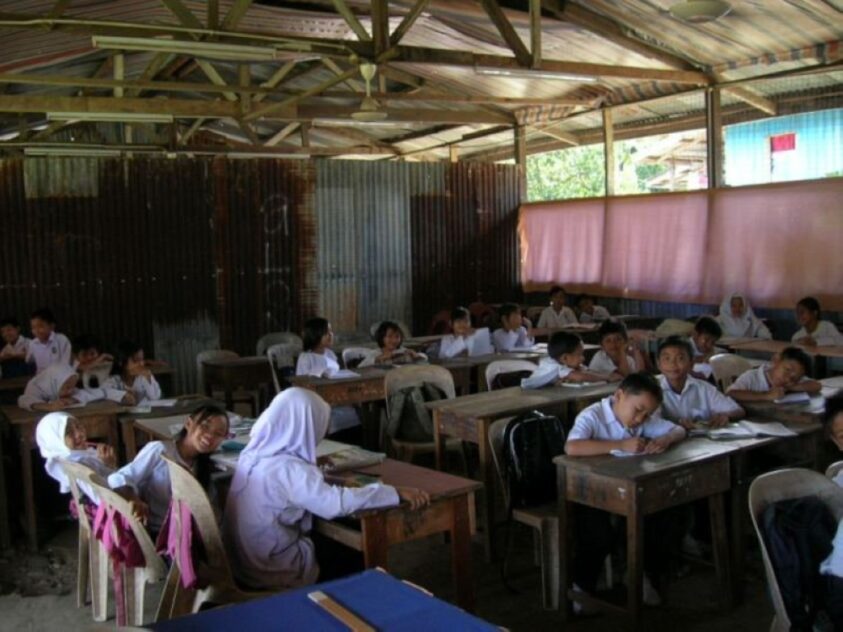
But just look at the state of our schools. Many lack basic facilities like toilets and internet connection – some not even safe to occupy because of aging structures.
The Prime Minister vowed to eradicate hard-core poverty by end-2023 but statistics show poverty is rampant especially in rural areas. Imagine how many poor could have been lifted out of poverty and have had decent education for just RM1 mil investment – the worth of one scholarship overseas.
Just look at the dire state of healthcare in public hospitals. We have many qualified doctors but no capacity to absorb them because of lack of funds to expand or upgrade poor facilities. Yet, we can pay for a million-ringgit overseas education just to create one redundant doctor.
Health news site CodeBlue said the government paid RM606 mil in 2023 to keep government dependent patients in IJN (National Heart Institute). There is now pressure to raise fees which may impose additional costs for these patients. Government healthcare remains inadequate and inaccessible while private facilities are mushrooming.
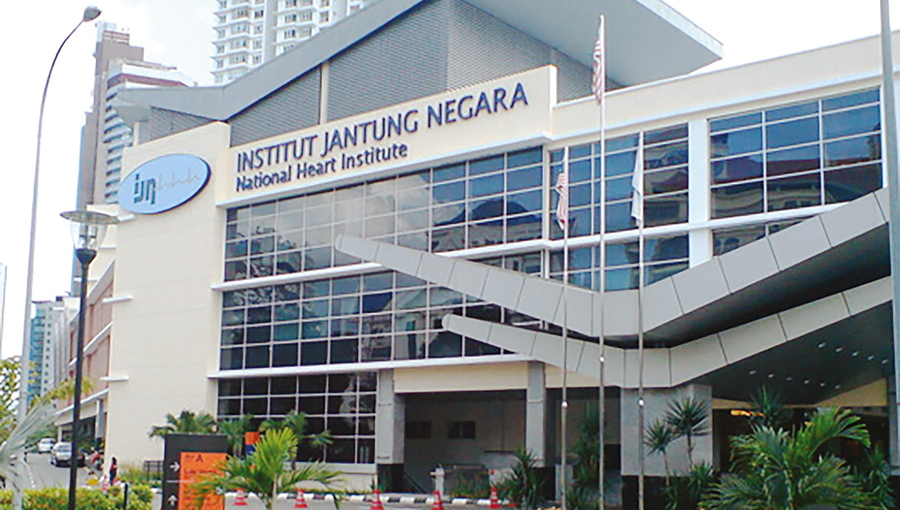
Quality matters
While the NEP can be justified during the 1970s onwards, it’s foolhardy to keep on increasing budgets every year.
It is time to re-look at its effectiveness rather than quantity. Keep it within the Malay community if mandated by the Constitution but make sure the masses benefit from it – not just the elites, those in power and in decision making.
Don’t make it a race-to-the-bottom Malay politicking. The country will eventually suffer.
For those non-Malay politicians agitating for a greater share, just account for how well the hundreds of millions given so far has been spent. They lost political support because the masses have woken up.
Please don’t always justify using the racial narrative. This applies to all political parties and politicians – even those in administration. – Oct 22, 2024
Raman Letchumanan is a former senior official (environment) in Malaysia and ASEAN, and a Senior Fellow at Nanyang Technological University Singapore. He is an accredited accountant (Malaysia/UK) and has a Ph.D. in environmental economics, among other qualifications.
The views expressed are solely of the author and do not necessarily reflect those of Focus Malaysia.
Main image credit: Pejabat Mara Daerah Kuala Selangor/Facebook


